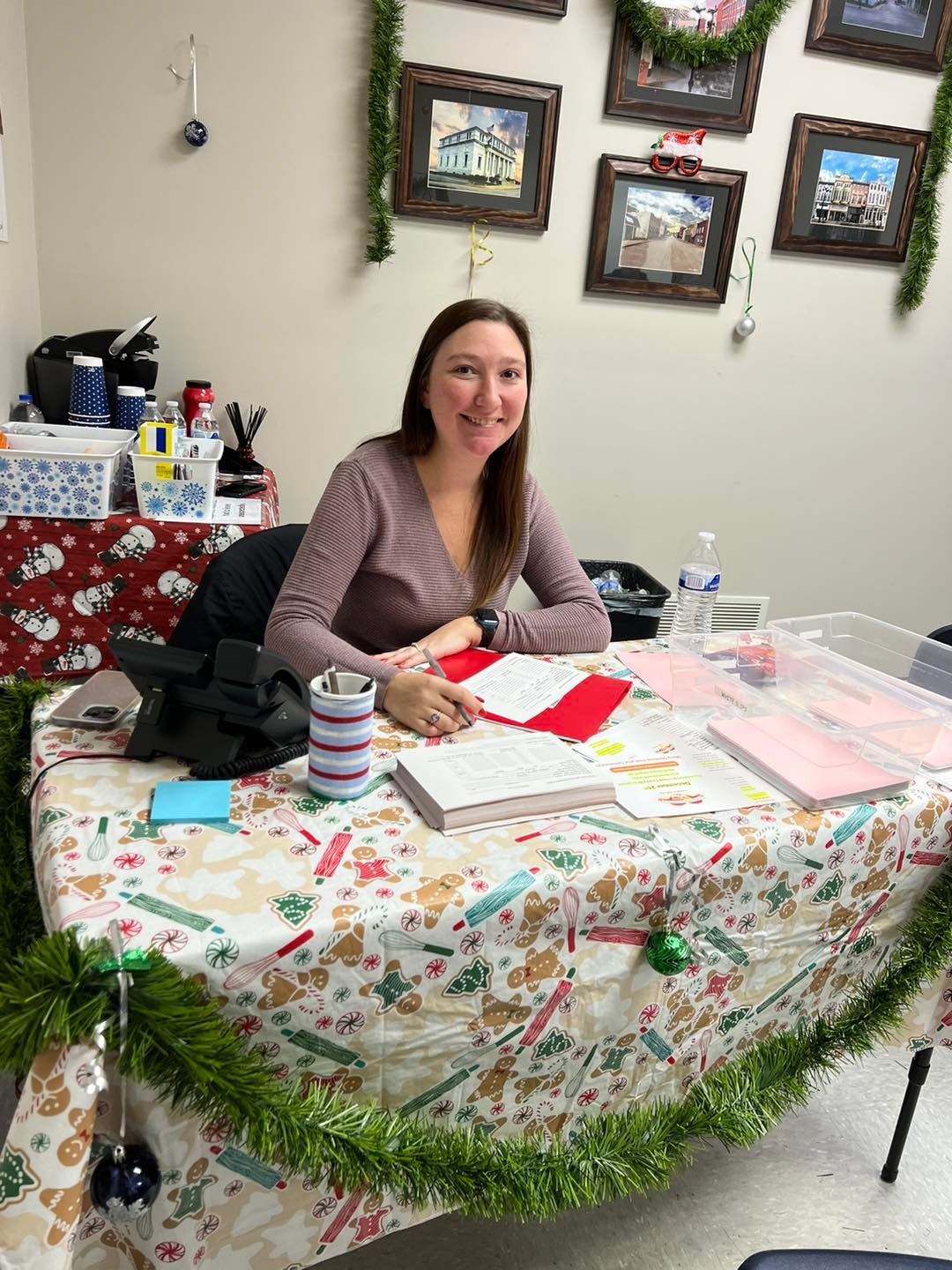ENOCH: Some history of early Clark County courts
Published 11:53 am Friday, June 5, 2020
|
Getting your Trinity Audio player ready...
|
It can be confusing to understand Kentucky’s early county court system.
When Clark County was established in 1792, Gov. Isaac Shelby appointed 10 justices of the peace to serve on the courts. They held their first meeting on Feb. 26, 1793, at the house of John Strode.
According to law, the court was divided into two parts — one called the Clark County Court, and the other called the Court of Quarter Sessions.
Clark County Court was responsible for the county’s public functions. This included establishing roads and ferries, licensing ministers and taverns, appointing constables, surveyors and deputy sheriffs, settling estates, trying bastardy cases, ruling on emancipation and apprenticeship petitions, administering the poor laws, setting county tax rates, and providing for public buildings including the courthouse, jail, market house and stray pen — just to name a few.
Seven of the justices — John Baker, Abijah Brooks, John Holder, James McMillan, Jilson Payne, Enoch Smith, William Sudduth — sat on this court, which held sessions eight months of the year.
David Bullock was the first county court clerk.
The Court of Quarter Sessions was the heart of the civil and criminal justice system.
Three of the initial justices sat on this court: Robert Clark Sr., John McGuire and Hubbard Taylor. Although none were attorneys, they heard and ruled on all cases brought before the court. They empaneled grand juries, held jury trials and imposed fines as permitted by statute. They held court four times a year, in February, April, June and September.
David Bullock was also the clerk of this court. His father, Patterson Bullock, was the first attorney admitted to the bar in Clark County.
In 1803, Kentucky did away with the Court of Quarter Sessions and created the Circuit Court system.
The first three circuit judges of Clark County took their seats in April that year: Robert Clark Sr., Hubbard Taylor and Buckner Thruston, and Samuel M. Taylor was appointed clerk.
At that session, Jesse Bledsoe, Robert Trimble, James Crawford, William Littell, Thomas Bodley, George Webb, Lewis H. Smith and Fielding L. Turner were sworn in as attorneys.
At their July session, the court appointed George Webb attorney for the commonwealth, and Henry Clay and David Irvine were sworn in as attorneys.
These Clark County courts held some of the leading lights of Kentucky at that time.
Robert Clark, an early resident of the Bush Settlement, was the father of Kentucky’s 13th governor, James Clark.
Hubbard Taylor, a one-time neighbor and kinsman of President James Madison, served on the first state constitutional convention, represented Fayette County at the first legislative session and represented Clark County for numerous terms thereafter.
Buckner Thruston, a graduate of William and Mary, was an attorney. He served as a U.S. senator from Kentucky, then in 1809 resigned to accept an appointment from Madison to the U.S. Circuit Court for the District of Columbia, which was terminated by his death in 1845.
Jesse Bledsoe graduated from Transylvania University, and later became a law professor there. After serving as Kentucky’s attorney general and U.S. Senator, Gov. John Adair appointed him as a judge of the circuit court in Lexington.
Thomas Bodley made his mark in Lexington, where he served many terms as a city trustee and circuit clerk. He made a fortune in business, owned the iconic Bodley House on Market Street designed by Benjamin Latrobe, served as a general in the War of 1812, and died in the cholera epidemic of 1833.
Robert Trimble grew up on Lower Howard’s Creek in Clark County, read law under George Nicholas, was an author of Kentucky’s Constitution, then served as a judge of the Kentucky Court of Appeals (1807), U.S. District Court for Kentucky (1817), and the U.S. Supreme Court (1826).
William Littell made his mark collecting and publishing Acts of the General Assembly from 1793 to 1816 in five volumes of “The Statute Law of Kentucky.”
Henry Clay needs no reminders of his fame. It has been documented, however, that Clay argued his first and last courtroom cases in Winchester.
•••
A friend told me last week that my articles were too long. This one is shorter, Ben, with more pictures. Maybe that is the way to go.
Harry Enoch, retired biochemist and history enthusiast, has been writing for the Sun since 2005. He can be reached at henoch1945@gmail.com.






